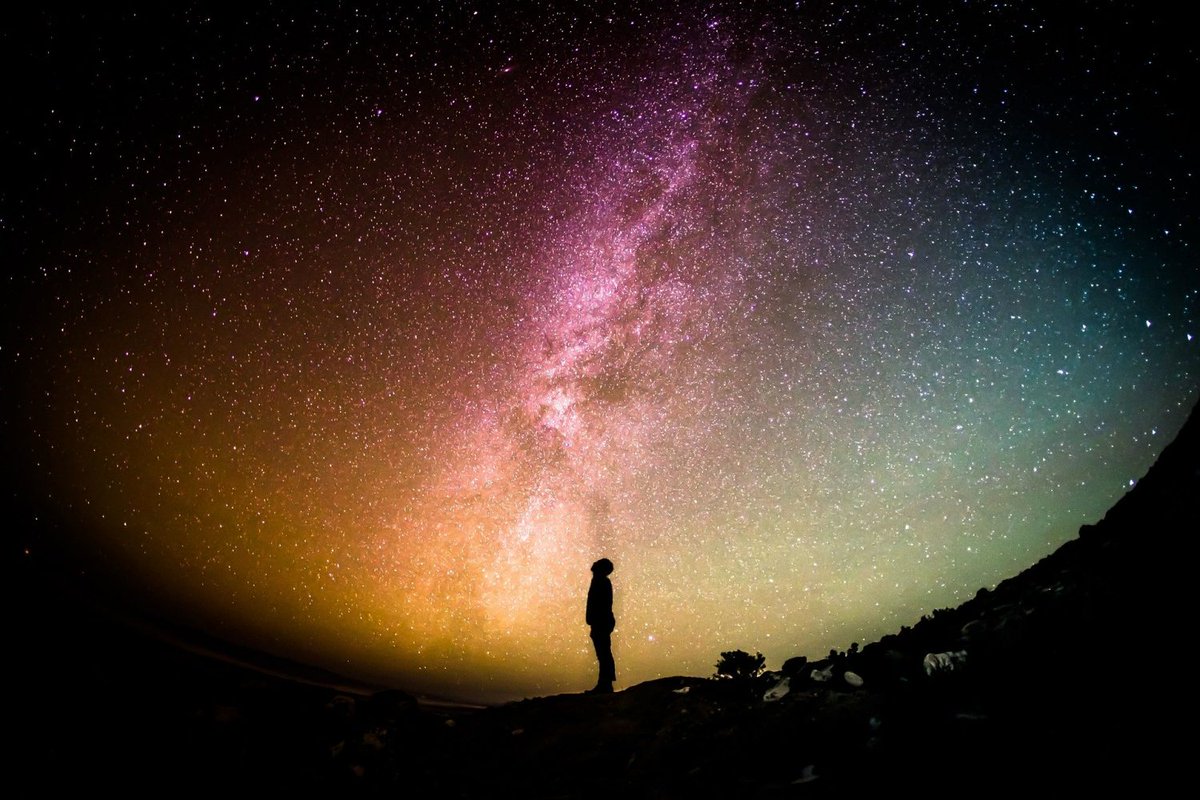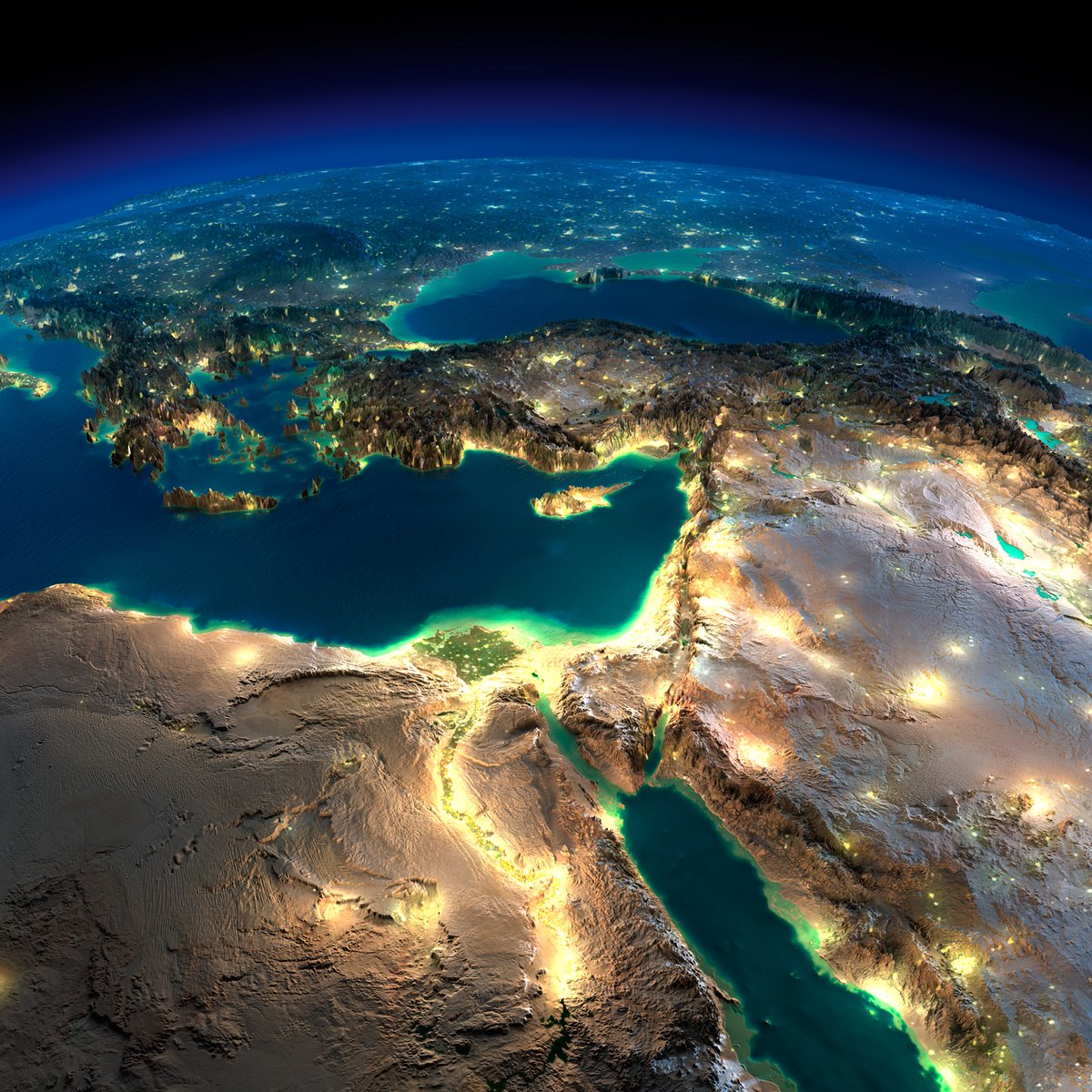Here is an idea from this week's commentary essay on #Yitro: 🇬🇧 bit.ly/2SjZX4o / 🇮🇱 bit.ly/2SoM8C5 / 🇪🇸 bit.ly/38jToEM / 🇫🇷 bit.ly/38qkn1m / 👨👩👧👦Family Edition bit.ly/2OP8lXE / Listen spoti.fi/33Npq9s. #ShabbatShalom 

Why does #Judaism distinguish between the universality of God and the particularity of our relationship with Him? Answer: because this helps us solve the single greatest problem humanity has faced since earliest times. How can I recognise the dignity and integrity of the ‘other’?
History and biology have written into the human mind a capacity for altruism toward the people like us, and aggression toward the people not like us. We are good, they are bad.
We are innocent, they are guilty. We have truth, they have lies. We have God on our side, they do not. Many crimes of nation against nation are due to this propensity. Which is why Tanach teaches otherwise.
It is hard to think of a more compelling principle for the 21st century. The great problems humanity faces – climate change, economic inequality, cyberwarfare, artificial intelligence – are global, but our most effective political agencies are at most national.
There is a mismatch between our problems and the available solutions. We need to find a way of combining our universal humanity with our cultural and religious particularity.
God is universal. Therefore humanity, created in His image, is universal. But the revelation and covenant at Mount Sinai were particular. They belong to our [Jewish] story, not the universal story of humankind.
I believe this ability to be both particular in our identity and universal in our commitment to the human future is one of the most important messages we, as Jews, have to deliver in the 21st century.
We are different, but we are human. Therefore let us work together to solve the problems that can only be solved together.
• • •
Missing some Tweet in this thread? You can try to
force a refresh









